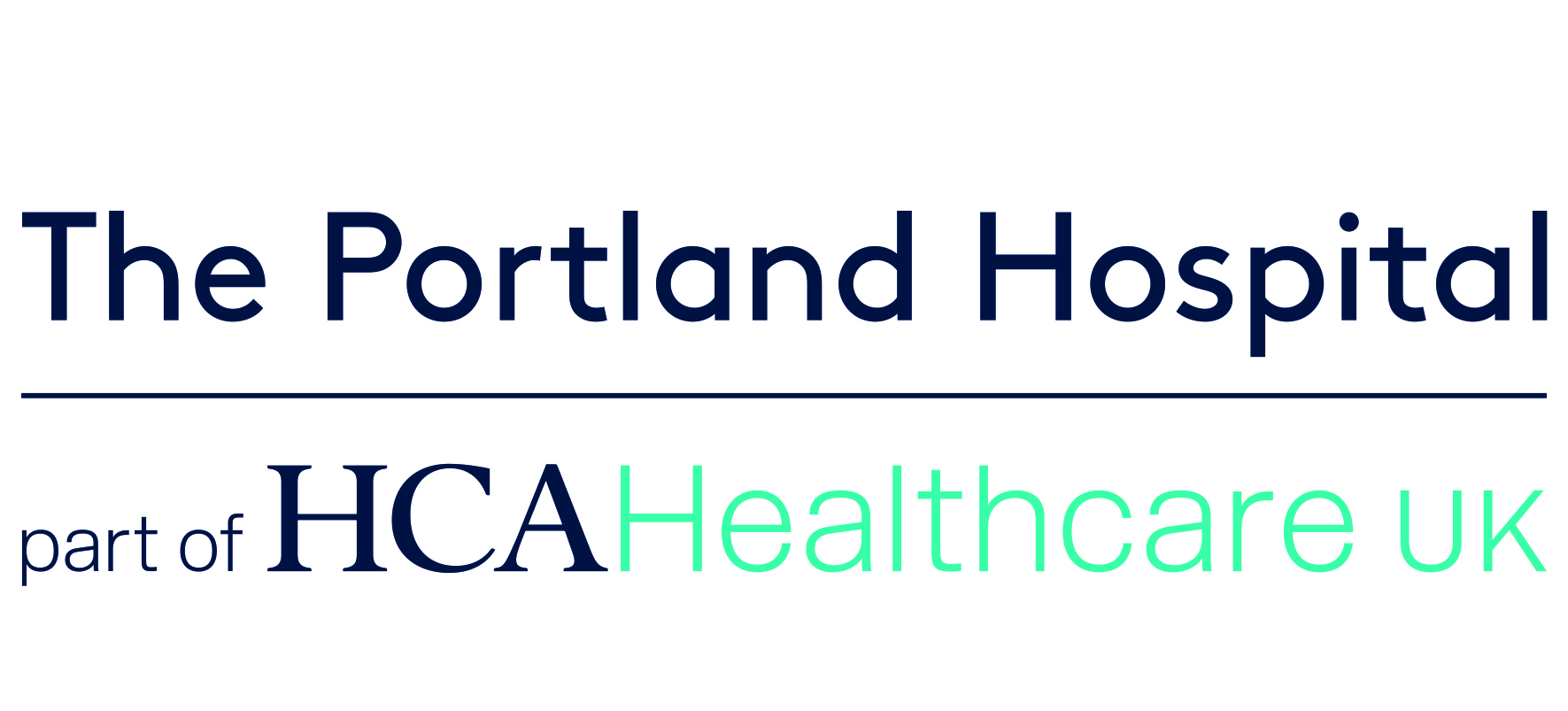
An ectopic pregnancy is when a fertilised egg implants itself outside the womb, usually in one of the fallopian tubes. The pregnancy is not viable and the mother’s health is at risk if it continues. Sadly, the pregnancy has to be removed, either surgically, often as an emergency, or by using medication (normally methotrexate).
Sometimes longed-for pregnancies end in miscarriage. The signs of miscarriage may be vaginal bleeding and cramps in the lower abdomen. You may need to take painkillers as you would for period pains. Sometimes not all the ‘products of conception’ may be expelled. You may need an operation to make sure the womb is clear, or you may be given the same drugs as you would for a termination. You may be offered a two-stage medication procedure: a mifepristone 200mg tablet orally followed 24–48 hours later by misoprostol 800 micrograms. This is usually given as a pessary but can be a tablet under the tongue. You may also be given painkillers and antibiotics. Give yourself time to grieve – this was the loss of a dream as well as a baby. It is common to feel guilty as well as sad. Many families don’t share the news of a pregnancy until after the 12-week scan ‘just in case’, but if something happens you need friends to care for you, so consider letting them know what’s happened.
Some women experience recurrent miscarriages and need to take medication in order to protect the foetus. This may include the use of 75mg aspirin and progesterone pessaries.
Some mothers find themselves pregnant unexpectedly and in such circumstances that they feel that they cannot continue with the pregnancy. In this situation, you may be offered a surgical termination. You may also be offered a two-stage medication procedure: a mifepristone 200mg tablet orally, followed 24–48 hours later by misoprostol 800 micrograms. This is usually given as a pessary but can be a tablet under the tongue. You may also be given painkillers and antibiotics.
Extracts taken from “Why Mothers Medication Matters” Jones W Pinter and Martin 2017
Bumps – best use of medicines in pregnancy
Mother to Baby medication and more during pregnancy and breastfeeding (part of OTIS)
Mother to Baby medication and more during pregnancy and breastfeeding (part of OTIS)Motherisk – treating the mother, protecting the unborn
